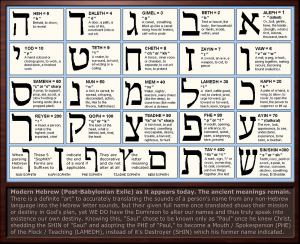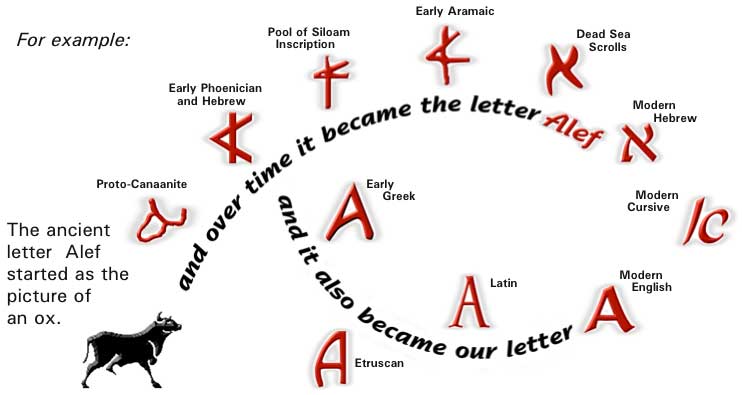R.A.M.
Active Member
- Feb 3, 2018
- 109
- 19
- 37
- Country
- United States
- Faith
- Christian
- Marital Status
- Married
Thanks for trying, but I think that this example helps disprove the thesis, since Mishereth means bowl, not "From the waters comes destruction which tames the peoples owners". Any connection between the two looks too weak for me to believe.
Every Hebrew word in the Old Testament has a literal, and prophetic interpretation. One cannot come to the revelation of Christ and disregard the prophetic messages hidden in His Word. He said the entire Word speaks of Him.
Even his name proclaims His work.
Yeshua the name of Christ:
ישוע
The finished work of Almighty God being bound by the nail will be seen.
Upvote
0



